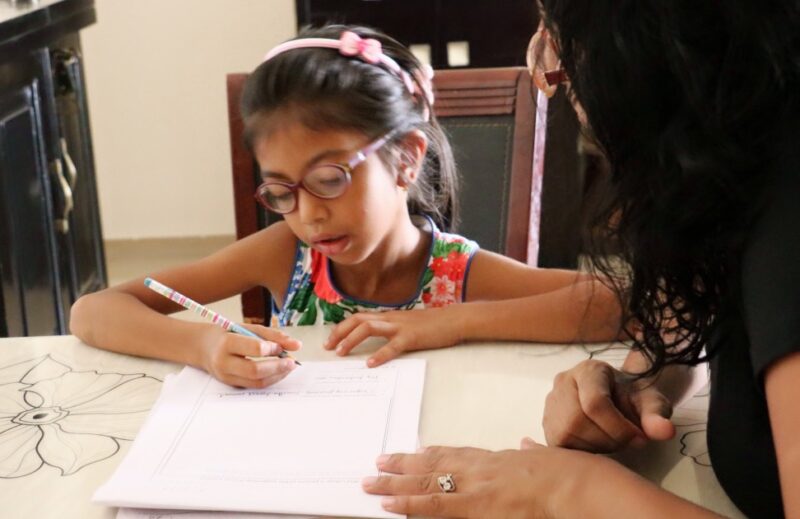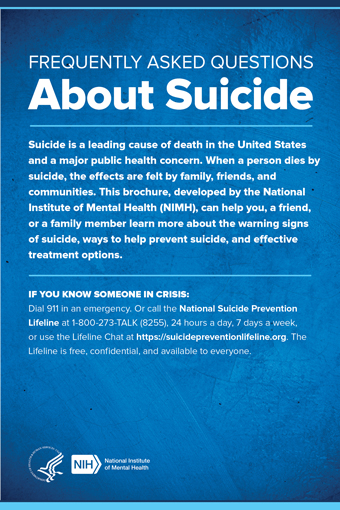
Survey data from Autism Parenting Magazine reveals almost 6% of children with autism spectrum disorder (ASD) have some form of gender dysphoria. Read more >>
Request an Appointment
English: 650.688.3625
Medi-Cal: 650.688.3650

Survey data from Autism Parenting Magazine reveals almost 6% of children with autism spectrum disorder (ASD) have some form of gender dysphoria. Read more >>

CHC Recommends — Books About Eating Disorders
Before board-certified Psychiatric Mental Health Nurse Practitioner Alexa Wilmarth came to CHC, she worked at a residential eating disorder treatment center for children and adolescents. Alexa recommends the following books for those who are seeking information and support for disordered Read more >>

Autistic Girls’ Use of Language May Mask Social Difficulties
A study on autism’s gender differences, published in the journal Molecular Autism, focused on the language that autistic girls and boys used during semi-structured interviews by exploring social word use. When comparing autistic girls and boys between the ages of Read more >>

War, Crisis, Tragedy: How to Talk With Kids When the News is Scary
Hear what child development experts have to say about what parents, teachers and other caregivers can do to help prepare and protect kids from all the scary news out there, whether it’s fighting overseas, a school shooting, devastating wildfire or Read more >>

5 Ways to Cope With the Stressful News Cycle
Even after weeks of bracing for an attack amid speculation, global tensions and diplomatic attempts to stave off invasion in the Ukraine — the reality of conflict is always a shock to the system. Perhaps among the first batch on Read more >>

The School Evaluation Process: How to Get Formal Assessments and Appropriate Services
Is your child eligible for a school evaluation for ADHD or a learning disability? If they are struggling with learning, behavior, or academic skills, the answer is probably “yes.” Understand how to get your child a meaningful evaluation and the Read more >>

Questions to Ask Specialists Who Evaluate for Learning Disabilities
Hiring a private specialist to conduct a psychoeducational evaluation of your child is a big commitment of time, effort, and money. To find someone competent, ask other parents or school staff for their recommendations. You’ll probably want to interview more Read more >>

Private vs. School Evaluations: Pros and Cons
You’ve decided to have your child evaluated. The next question is: How? You can request that the school do the testing , or you can hire a private evaluator . Each option has benefits and drawbacks. Which one is best Read more >>

The Chronic Stress Survival Guide: How to Live With the Anxiety and Grief You Can’t Escape
At a time when all life’s challenges have been amplified by the pandemic – and awareness of burnout, at home and at work, has never been higher – stress might seem to be our baseline condition. For most of us, Read more >>

Frequently Asked Questions About Suicide [downloadable]
Suicide is a leading cause of death in the United States and a major public health concern. When a person dies by suicide, the effects are felt by family, friends, and communities. This brochure, developed by the National Institute of Read more >>
English: 650.326.5530 | Español: 650.688.3650 | Fax: 650.688.3669
English: 650.326.5530
Español: 650.688.3650
Fax: 650.688.3669
English: 650.668.3625 | Español: 650.688.3650 | careteam@testing.chconline.org
English: 650.668.3625
Español: 650.688.3650
careteam@testing.chconline.org
© 2024 Children’s Health Council. All rights reserved.
CHC Palo Alto: 650 Clark Way, Palo Alto, CA 94304 | 650.326.5530
CHC South Bay: 2280 Kenwood Avenue, San Jose, CA 95128 | 408.831.7512
CHC Ravenswood: 1765 E Bayshore Rd, East Palo Alto, CA 94303 | 650.702.2487
CHC Palo Alto:
650 Clark Way, Palo Alto, CA 94304
650.326.5530
CHC South Bay:
2280 Kenwood Avenue, San Jose, CA 95128
408.831.7512
CHC Ravenswood:
1765 E Bayshore Rd, East Palo Alto, CA 94303
650.702.2487